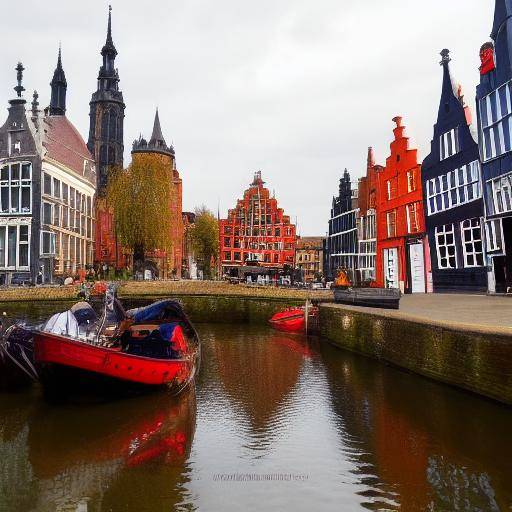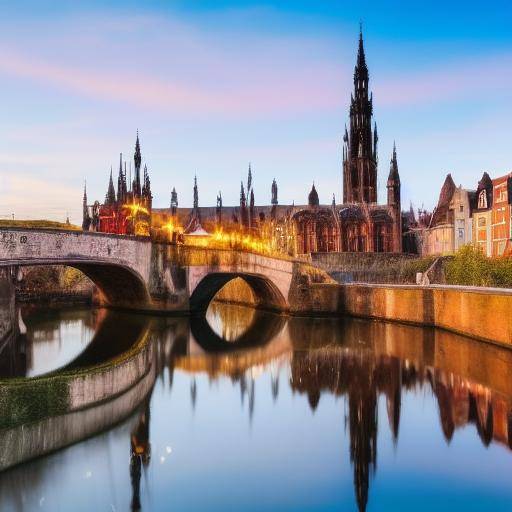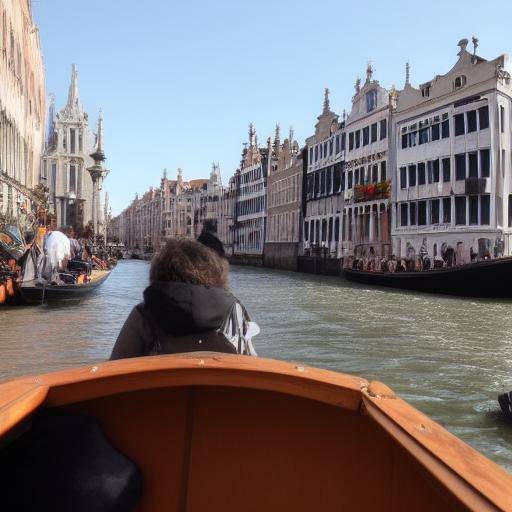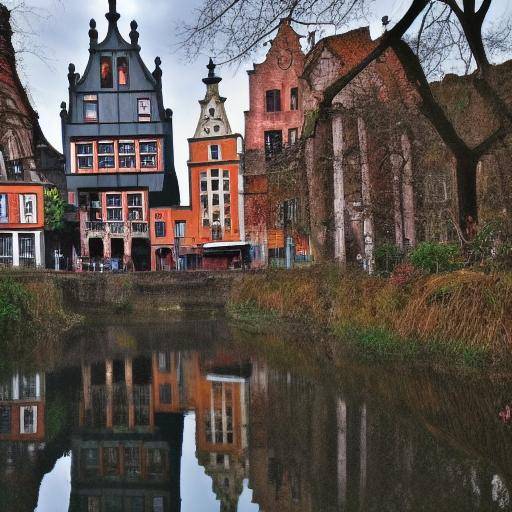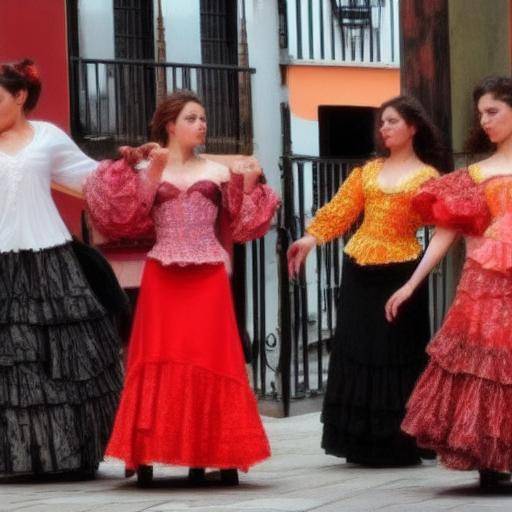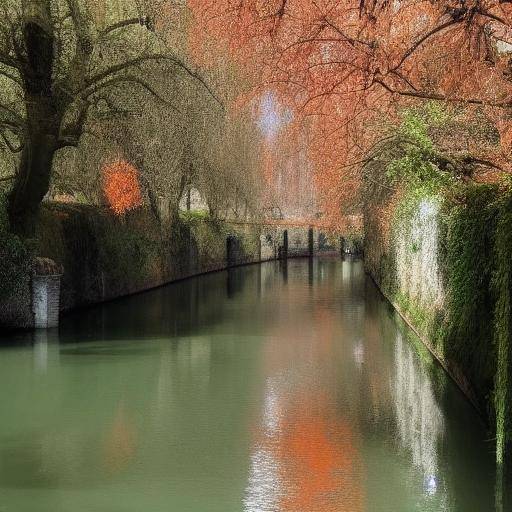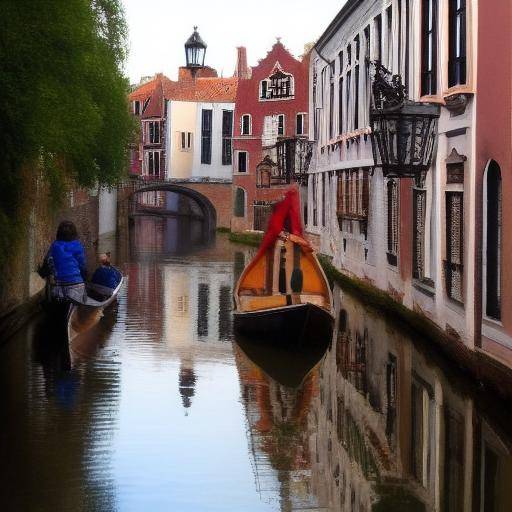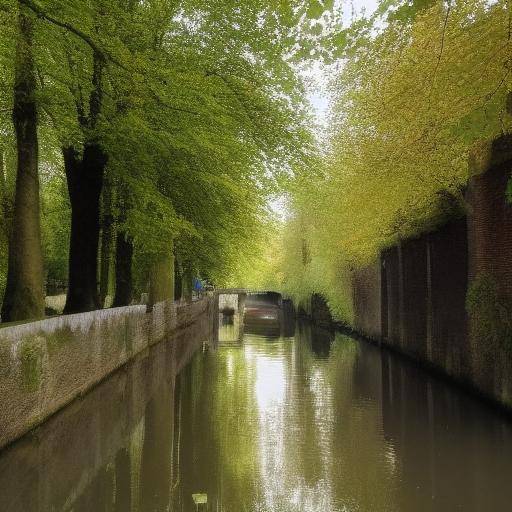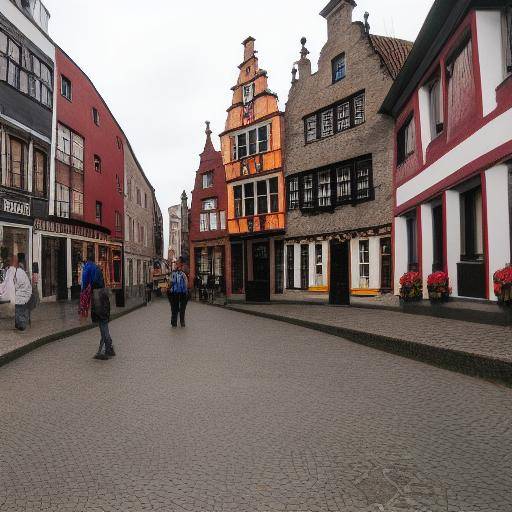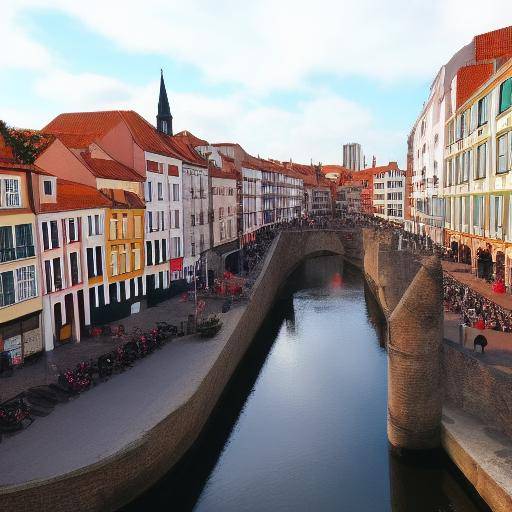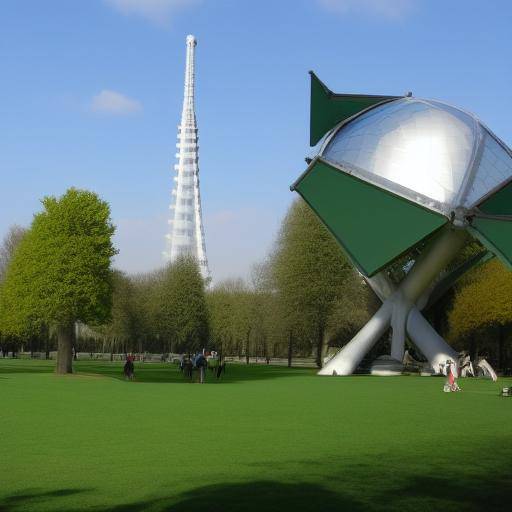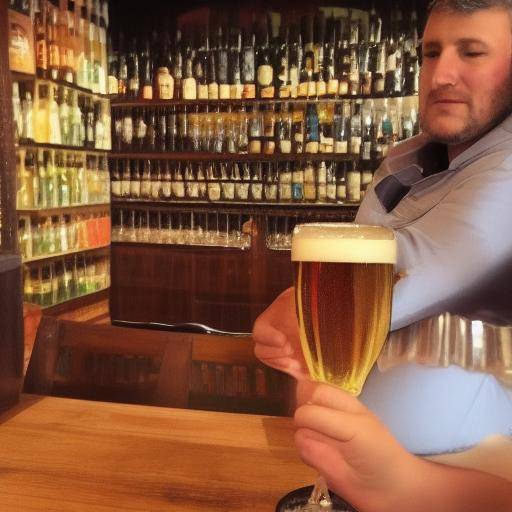
Since ancient times, beer has been an intrinsic part of Belgian culture, with a rich history dating back centuries. At present, Belgian beer is famous worldwide for its distinctive flavors, variety of styles and rooted brewing tradition. In this article, we will explore the fascinating route of beer in Belgium, appreciating its tradition and flavor, immersed in the brewing culture that has endured over time.
Introduction
Belgian beer is much more than a simple drink; it is the result of refined craftsmanship and a true expression of Belgian identity. From Trappist abbeys to family breweries, Belgium hosts a diversity of brewing traditions that have resisted the passage of time, each with its own character and distinctive flavor. Throughout this article, we will explore the history, traditions, secrets and pleasures of the beer route in Belgium, inviting you to immerse yourself in the very essence of this appreciated drink.
History and Background
Belgian beer has roots that date back to the time of ancient Rome, when the brewing techniques were introduced in the region. The emergence of the Trappist abbeys in the Middle Ages led to a unique brewing tradition, where recipes and methods of elaboration were preserved as part of monastic life. The Trappist monks, dedicated to prayer and work, produced beer to sustain their communities economically, creating some of the most venerated beers today.
Over time, family breweries also flourished, each developing their own recipes and characteristic styles. During the Industrial Revolution, Belgian beer experienced a significant change with the introduction of new technologies and fermentation methods that led to a greater diversity of styles.
Detailed Analysis
Belgian beer is distinguished by its variety of styles, ranging from refreshing wheat beers to complex beers of spontaneous fermentation, such as lambic. Each style has its own particularities, from fruity notes and spices of abbey beers to the unique acidity of mixed fermentation beers.
Today, Belgium is known for its vibrant brewing culture, where innovation is combined with tradition to produce high quality beers that satisfy the most demanding palates. Craft breweries have also gained popularity, offering a wide range of experimental beers that challenge the conventions and extend the limits of the flavor.
Exhaustive examination
Belgian beer is not only appreciated for its exceptional taste, but also for its role in Belgian culture and society. Trappist beers, for example, are made under strict rules that guarantee quality and authenticity, with part of the profits for charity and community projects. In addition, beer festivals, such as the famous Brussels Beer Festival, are annual celebrations that bring together beer lovers from around the world to enjoy Belgium's brewery diversity.
Comparative analysis
By comparing Belgian beer with other brewing traditions, it is evident that its focus on the complexity of flavors and experimentation distinguishes it. While German beers focus on the purity of the ingredients and processing techniques, Belgian beers tend to incorporate a wide range of ingredients, from fruits to spices, creating unique and unforgettable flavor profiles.
Practical Tips and Accessible Recommendations
If you are planning to explore the beer route in Belgium, here are some practical tips that will help you get the most out of your experience:
- Visit the Trap breweries to try authentic beers made by monks dedicated to tradition and quality.
- Take part in local beer festivals to enjoy a variety of Belgian beers and discover new styles and flavors.
- Try spontaneous fermentation beers in the Lambic and Gueuze regions to experience the magic of natural fermentation.
- Explore emerging craft breweries to discover innovative and experimental beers that challenge the limits of tradition.
By following these tips, you can immerse yourself completely in the fascinating brewing culture of Belgium and appreciate the diversity and excellence of your beers.
Conclusion " FAQs
Conclusion
The beer route in Belgium is a journey to the rich history, the ingrained tradition and the exceptional taste of Belgian beers. From historical abbeys to family breweries, every sip of beer tells a story of crafts, passion and dedication. By exploring the diversity of styles and flavors offered by Belgium, one can truly appreciate the essence of Belgian brewery culture.
FAQs
What is the origin of Belgian beer?
Belgian beer has its roots in ancient Rome, with the influence of the Trappist abbeys that laid the foundations of the Belgian brewing tradition.
What are the most emblematic beer styles in Belgium?
Belgium is known for a variety of beer styles, including abbey beers, wheat beers, lambic beers and mixed fermentation beers.
What is the role of the Trappist Beers in Belgian society?
Trappist beers are not only appreciated for their exceptional quality, but also contribute to charity and community projects, reflecting the values of solidarity and service of monastic communities.
What makes Belgian beer unique compared to other brewing traditions?
The diversity of styles and flavors, the addition of varied ingredients and the constant search for excellence and innovation make Belgian beer unique in the brewing world.
What are some leading beer festivals in Belgium?
The Festival de la Cerveza in Brussels and the Festival de la Cerveza in Lovaina are two of the most outstanding festivals in Belgium, attracting fans of beer from around the world.
What advice would you give to travelers who want to explore the beer route in Belgium?
I would recommend visiting both historical breweries and emerging craft breweries, participating in local beer festivals and trying a wide range of beer styles to have a full experience.
In short, the beer route in Belgium offers a unique perspective on the history, tradition and passion surrounding Belgian beer. From the centenary abbeys to the avant-garde breweries, the diversity and quality of Belgian beers are a testimony to the dedication and excellence in brewery. Being a witness and participating in this tradition, one can truly experience the essence of Belgian brewing culture.

